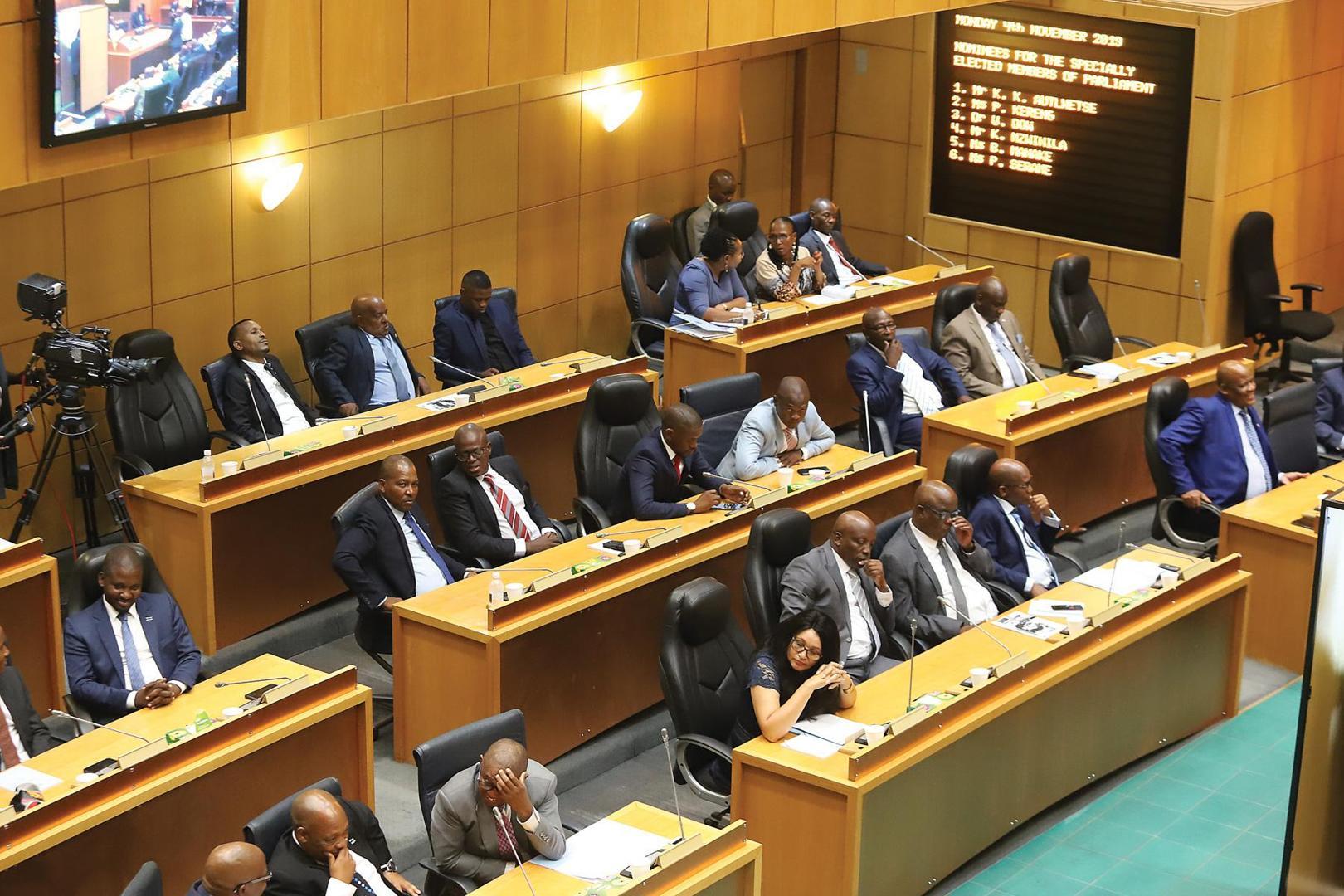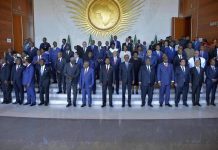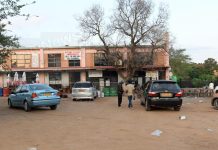Africa-Press – Botswana. In a simple majority vote, Members of Parliament have rejected an Electoral Amendment Bill, which its object was to amend the Electoral Act.
The Bill, presented by Maun West MP, Mr Dumelang Saleshando last week, sought to amend the Electoral Act to allow counting of ballots for both parliamentary and council elections at polling districts.
Nineteen MPs voted against the amendment, 17 supported it while one absconded.
Contributing to the debate before the voting, Vice President Slumber Tsogwane highlighted the need to ensure availability of adequate security and resources during the counting of ballot papers and the need to consult other stakeholders, including the Independent Electoral Commission (IEC) and the police.
“As noble as the Bill might be, it is important to be cautious and have everything in place before implementing recommendations by some international organs such as SADC. If something goes wrong there is no opportunity to go back and correct or shift blame to these organs, so let us not just rush after international recommendations or copy countries that may be more advanced than us security wise.
We want peace and tranquility to prevail in Botswana, so we need to be patient,” he said.
Also contributing to the debate, Serowe West legislator, Mr Onalepelo Kedikilwe supported the Bill, and suggested that it be passed and implemented after the 2029 general elections.
Mr Kedikilwe said the IEC, mandated to run elections understood the need to count ballots at polling stations.
He argued that counting of ballots at polling stations would also help dispel any suspicions, whether real or perceived.
Selebi Phikwe East MP, Mr Kgoberego Nkawana said transporting ballots to constituency headquarters was risky because there was a chance of highjacking incidents as well as accidents.
Mmadinare legislator, Mr Molebatsi Molebatsi said in principle, the ruling party agreed with the Bill, but the fact of the matter was that practically nothing on the ground was ready.
Like most legislators from the ruling party, Mr Molebatsi therefore pleaded for patience while necessary preparations were being done.
Ghanzi South legislator, Mr Motsamai Motsamai said it was not true that rural polling stations had no resources, adding however, if that was the case, it indicated failure by government to develop those areas.
Responding to legislators’ contributions before voting, Mr Saleshando accused the ruling party of shifting the goal posts each time the Bill was brought before Parliament.
“In February 2021 when the Bill was first brought before Parliament, the ruling party through the Minister for State President, Mr Kabo Morwaeng indicated that the issue will be considered during the constitutional review exercise, which turned out to be false,” Mr Saleshando said.
He said the second reason for rejection was that there would be a holistic review of the Act rather than amending a single clause, which he said was also never honoured.
“Today the minister has changed, saying that the issue should await the resolutions of the All Party Conference,” he said.
Mr Saleshando was also of the view that arguments that the Bill was hurried were not true as the it was first brought to Parliament in 2021.
He also said arguments that IEC had to be first consulted were just an excuse as the commission had long indicated in 2005 that it supported counting of ballots at the polling stations.
“IEC has in the past also indicated that its entrenched constitutional mandate was limited to and focused on electoral management, and that issues of law making or amendment of the Electoral Act were not within its remit, but the preserve of Parliament,” he said.
Again, he said arguments by the ruling party that counting at polling districts would violate guidelines were not true.
“In the past councillors votes were counted at district headquarters despite existing guidelines to do counting at polling stations,” he said.
He also said opinions that there was no need to change the status quo when there was no evidence that cheating ever occurred were unreasonable.
That, he said was because in 1997, the Electoral Act was amended to lower the voting age and allow Batswana in the diaspora to vote were taken despite no evidence of cheating.
“Standards are not set because something is wrong, but because you want the best practice,” he said.
He further said SADC and AU observer missions had in the last elections recommended counting of ballots at polling stations to avoid logistical and operational challenges.
He said the recommendations further indicated that transporting ballots had security risks.
Thus, he said refusal to amend the Electoral Act was inconsiderate to the nation’s interests and to best electoral practices as recommended by regional and international organisations
dailynews
For More News And Analysis About Botswana Follow Africa-Press






